Bitcoin (BTC) just set a new all-time high when the crypto traded above $66,000 on Wednesday. The new record was reached just a day after the first Bitcoin futures exchange-traded fund (ETF) made its debut.
After six short months, Bitcoin was finally able to smash its previous all-time of $64,899 set in mid-April. On October 20, BTC set a new record as the crypto traded as high as $66,974.77 based on data from Coindesk. Bitcoin’s later slightly retracted as it traded at $64,920.30 at the time of writing.
However, analysts are divided on whether or not now is the right time to invest in Bitcoin. Considering the high volatility of BTC’s price, some are hesitant and suggest a wait-and-see approach for now.
“Usually when an investment hits an all-time high, that is the least ideal time to buy,” said Fit Advisors founder Anjali Jariwala, who is also a certified financial planner and a certified public accountant. “I think it makes sense to wait and see what happens versus buying at an all-time high.”
But for those who really want to invest now, Jariwala suggests a buy and hold strategy, as it promotes holding an asset long-term making it easier for investors to look beyond the short-term price fluctuations. In addition, they should only invest in amounts that they can afford to lose.
“The one thing we can be certain about when it comes to bitcoin, and crypto in general, is that there will be volatility,” Jariwala said.
However, other financial experts believe that investors should start buying Bitcoin now. “It’s still a good time to buy,” said Delancey Wealth Management founder Ivory Johnson, who is also a certified financial planner, and a chartered financial consultant.
According to Johnson, the interest in the newly launched Bitcoin futures ETF is proof of the increasing adoption of the crypto. He predicts that BTC’s price will only continue to go up as more people adopt Bitcoin.
“As institutional products make bitcoin easier to buy, and investors are comfortable that it is appropriately regulated, there is a greater likelihood of more demand,” Johnson added.






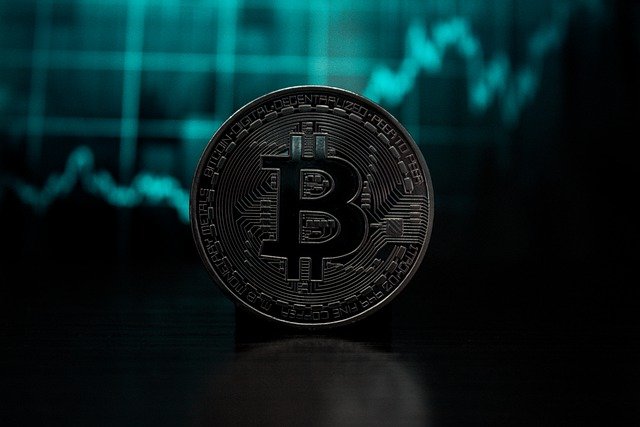

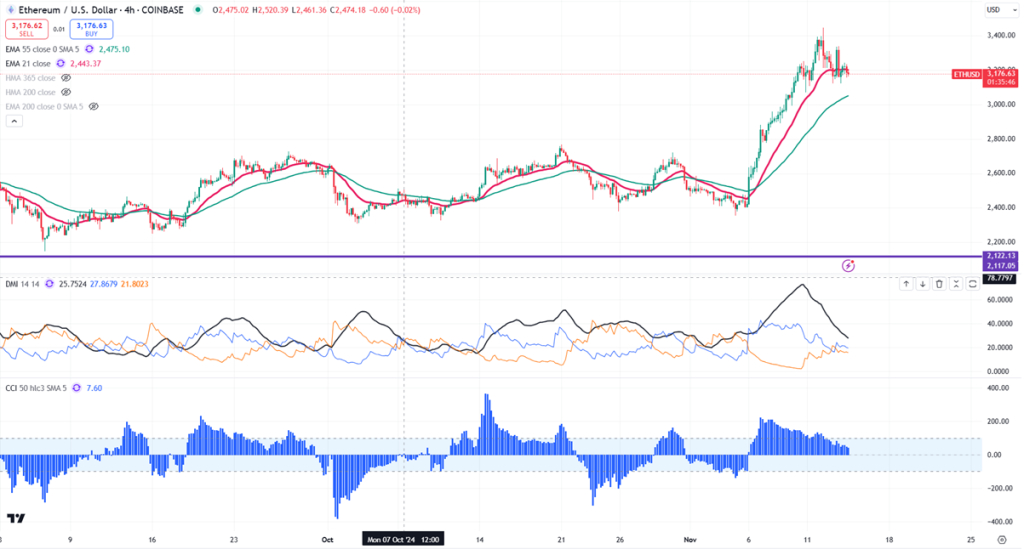
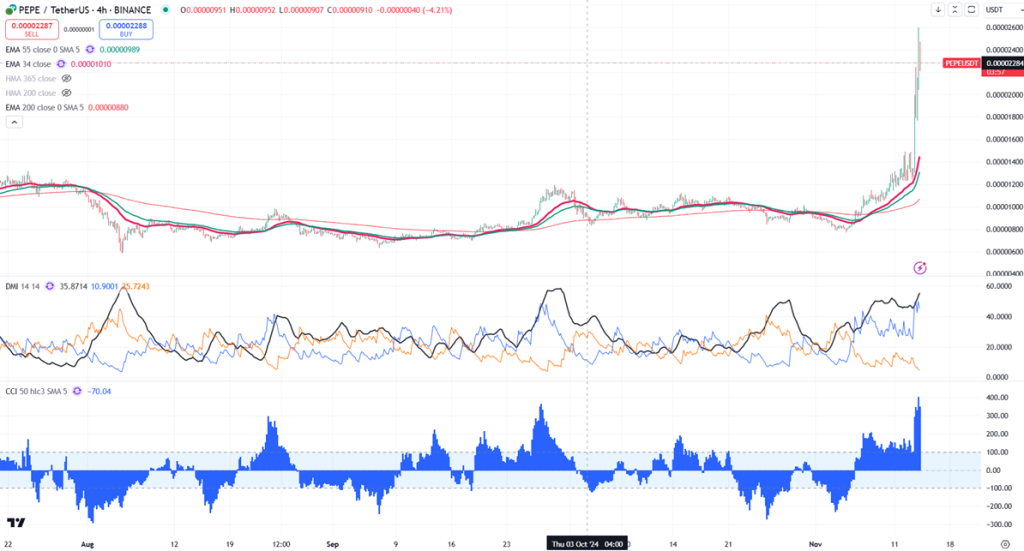
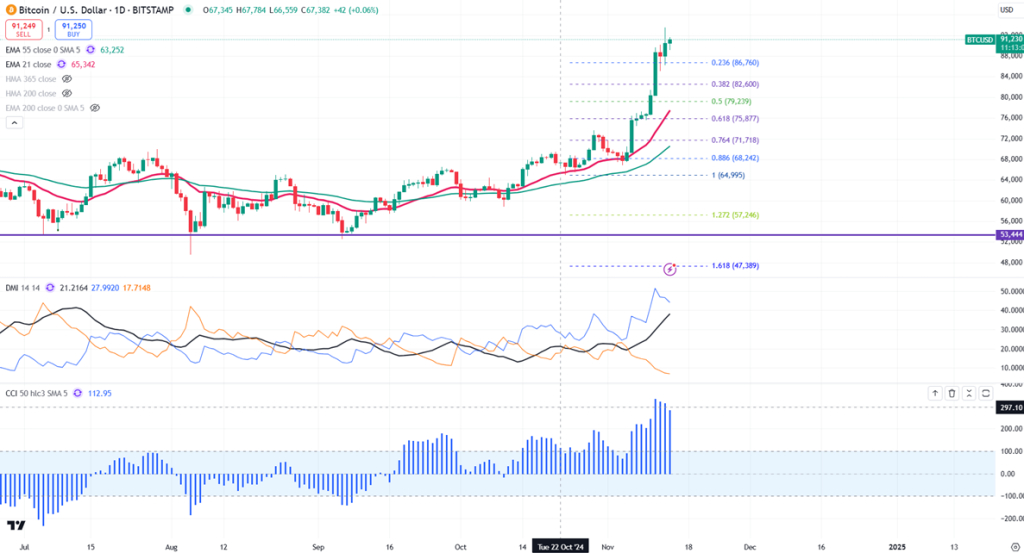


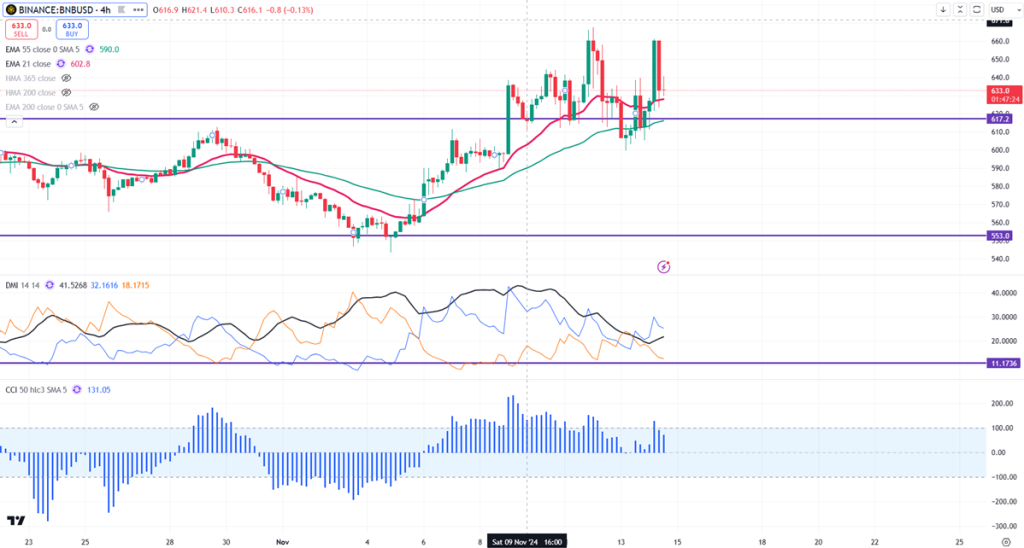
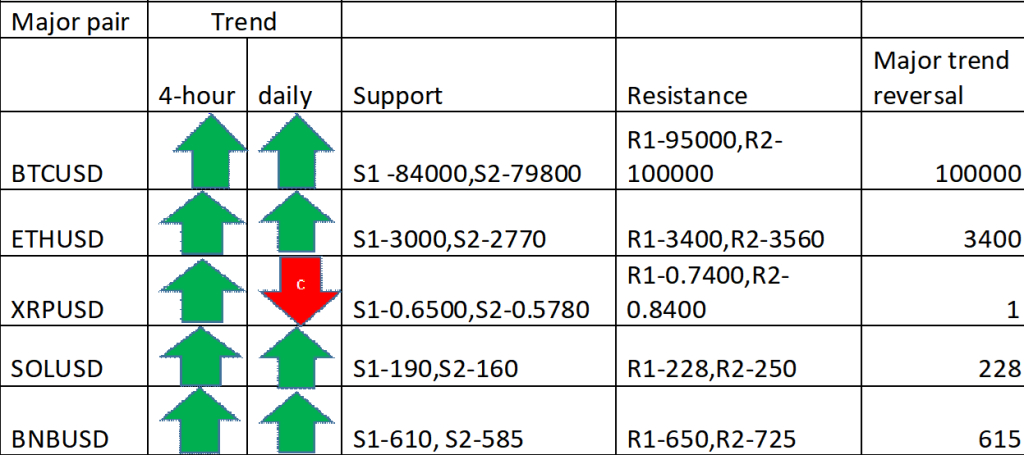




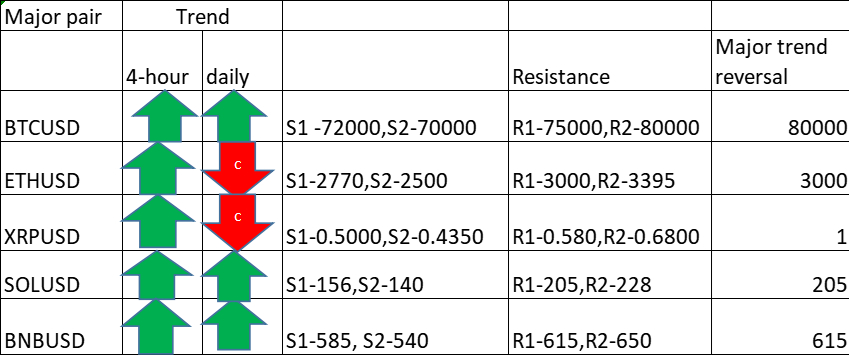



Comment 8